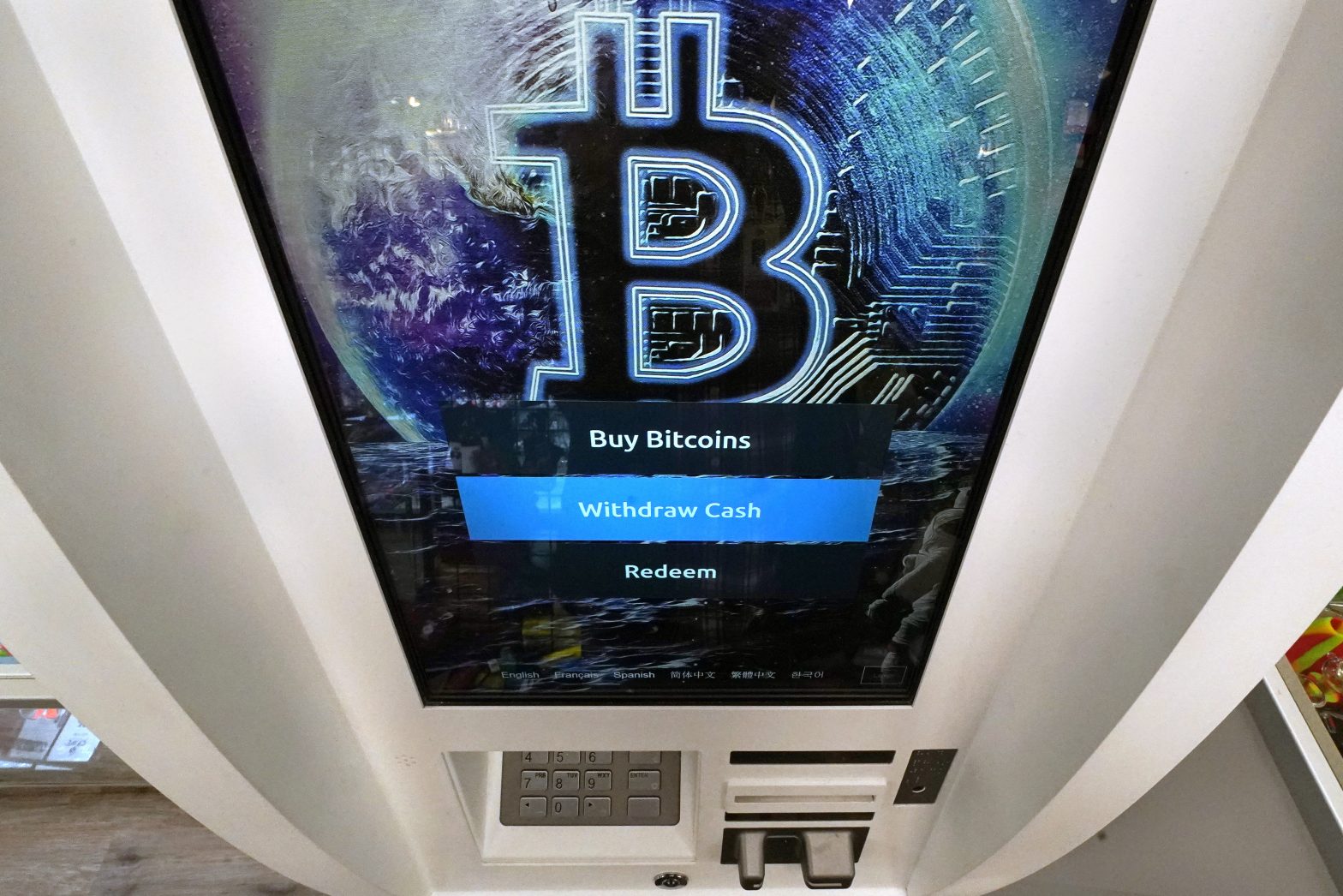DeFi Doesn’t Pose a Significant Risk for Illicit Finance. It’s Time More People Knew That.
COMMENTARY

Decentralized finance is new, technologically complex and growing fast. As a result, its rise has been dogged by persistent misinformation and misunderstanding, particularly as it relates to the prevalence of illicit finance. Whereas DeFi has become synonymous with crime, scams and hacks in some media and policy circles, data show that the reality is quite the opposite: Crypto is much less a safe haven for financial criminals than the traditional, cash-based system.
That misperception is a serious hurdle as crypto and DeFi markets continue to face intense scrutiny from legislators — both international and domestic. While several regulatory agencies are taking a careful, nuanced approach, others aren’t. Discussions with regulators often get mired in this morass of how to define the problems, let alone propose new, fit-for-purpose regulations to solve them.
Nowhere is this more evident than in policy discussions around the risks of illicit finance in DeFi. Politicians and policymakers have intoned solemnly in hearings about how the only natural use for crypto is as a sanctions-evasion tool, or perhaps as an updated, more efficient way to launder money. Media coverage contributes to this perspective by over-emphasizing — without context — platform hacks or isolated incidents of attempted sanctions evasion or some other illegal activities.
The necessary context? The evidence shows that crypto markets are safer and cleaner than traditional financial markets. The data on the true extent of illicit activity in crypto markets are readily available from research firms (including ones that work directly with the U.S. government to help catch criminals).
A key shortcoming in conversations around DeFi is that policymakers and the general public alike are simply unaware of the tools available to law enforcement that help them disrupt illicit activity in DeFi.
From geofencing to blockchain analytics, law enforcement has ample tools at their disposal to combat illicit finance.
It doesn’t matter that DeFi protocols lack centralized entities that function like banks and other traditional intermediaries. With the right tools, we’ve seen that law enforcement can identify, track, establish attribution for, and in several cases cease illicit activity and ill-gotten gains, even in peer-to-peer blockchain networks.
Law enforcement’s track record speaks for itself. In a recent notable case, the Department of Justice used these novel tools to trace stolen bitcoin across thousands of transactions. Their investigation resulted in the arrest of two individuals for money laundering and the seizure of $3.6 billion in bitcoin.
And it’s certainly not the first time that law enforcement has been able to counter illicit finance in the crypto ecosystem. Last year, when a ransomware attack compromised Colonial Pipeline, the largest fuel pipeline in the U.S., and caused major fuel shortages across the East Coast, the Department of Justice tracked and recovered $2.3 million in bitcoin paid as ransom to the hacker group DarkSide.
Overall, crypto markets have lower rates of illicit activity than traditional markets — even before law enforcement intervention.
Chainalysis estimates only 0.15% of all cryptocurrency transactions in 2021 constituted illicit activity. Meanwhile, approximately 2%-5% of activity across the traditional financial system is illicit, a stale estimate given the challenge of even approximating illicit financial activity across the internecine, siloed legacy financial system.
Ultimately, new technologies like DeFi and cryptocurrencies are susceptible to being misconstrued as a tool for illicit actors alone. The best available data, and a straightforward accounting of the facts, tell a very different story.
We can always do more to support and enhance law enforcement’s efforts. But when it comes to DeFi, law enforcement has figured out an effective playbook, and they should be given the support and resources necessary to implement it at scale.
Miller Whitehouse-Levine is the policy director at the DeFi Education Fund. You can reach Miller by email, on Twitter @millercwl or on LinkedIn. Follow the DEF on Twitter @fund_defi and on LinkedIn.























